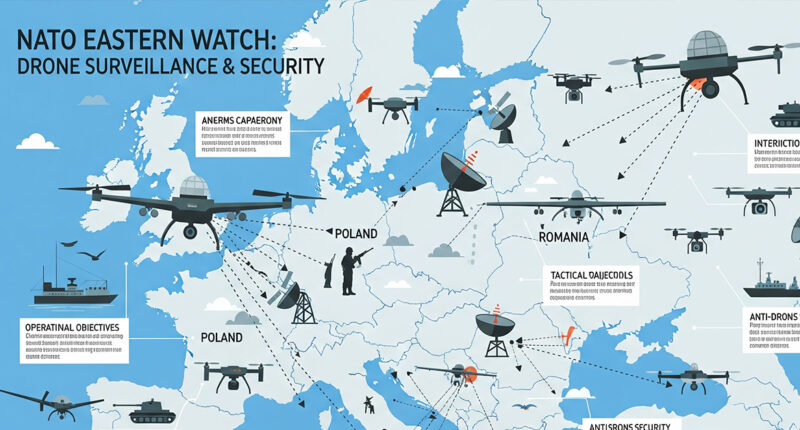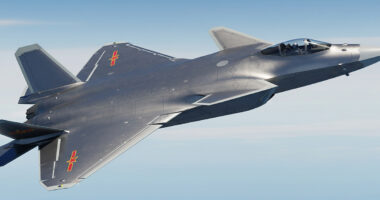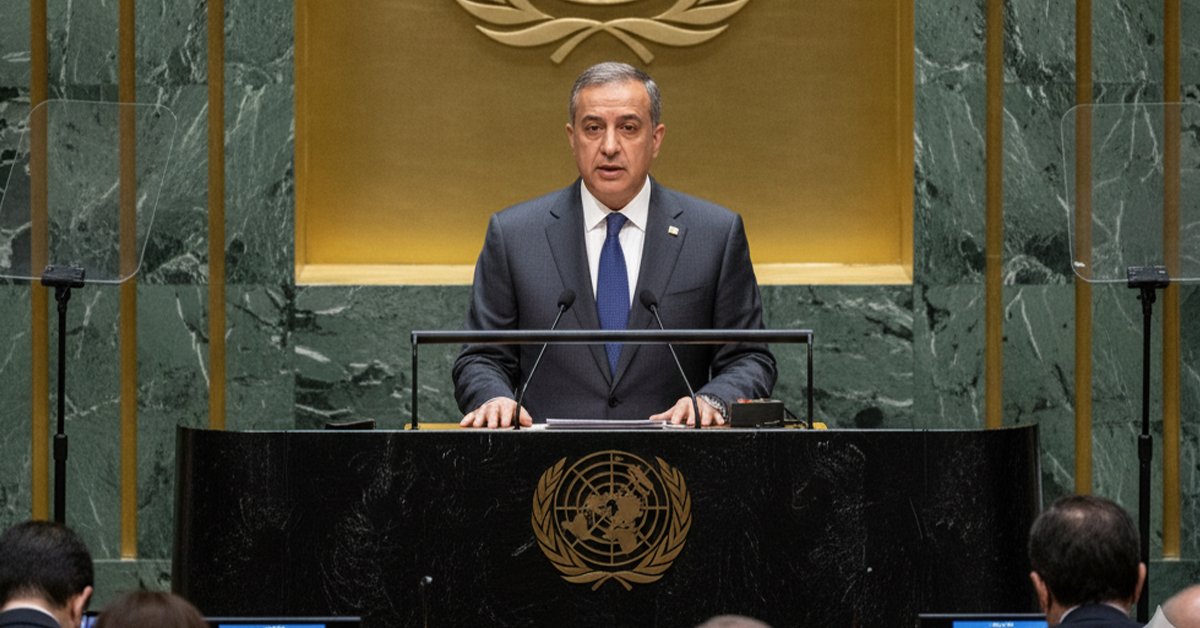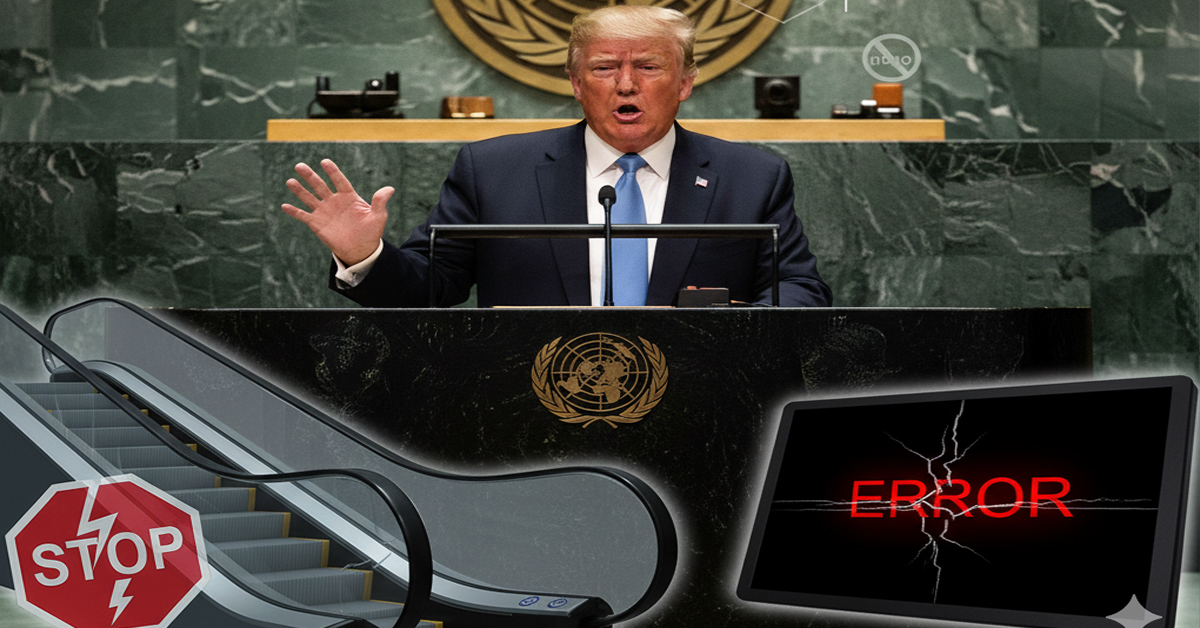In a decisive move to counter escalating Russian airspace violations, NATO has launched a new military initiative, “Eastern Watch.” The operation, announced by Secretary-General Mark Rutte, is a direct response to a recent incident where a Russian drone was detected within Polish airspace. This marks a significant escalation in the ongoing tensions along Europe’s eastern border.
The announcement came on Friday, with Rutte emphasizing the need for increased vigilance. He stated that the operation, set to commence within the next few days, will integrate military forces from a coalition of key NATO members, including Denmark, France, the United Kingdom, and Germany. This collaborative effort is designed to enhance the alliance’s defensive posture, providing a more flexible and robust presence in the region.
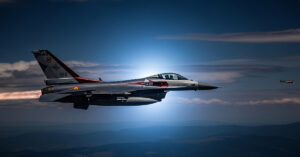
General Alex Greenwitch, NATO’s Supreme Allied Commander Europe, detailed the operation’s scope. “Eastern Watch” will focus on a combination of heightened capabilities, integrating both air and ground-based defense systems. A crucial component of the initiative is a commitment to improved intelligence sharing among allied partners, a measure aimed at streamlining communication and ensuring a swift, coordinated response to future threats.
While a full-scale implementation of the operation will take some time, General Greenwitch confirmed that initial phases are already underway. The alliance’s statement outlined the specific military assets being deployed, including two F-16 fighter jets and a naval vessel from Denmark, three Rafale jets from France, and four Eurofighters from Germany. This mobilization demonstrates NATO’s resolve and its capacity for rapid deployment.
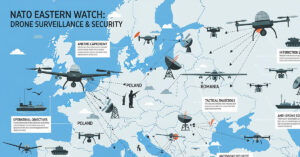
The “Eastern Watch” operation is a strategic extension of the “Baltic Watch” initiative launched earlier this year, which was a response to the sabotage of undersea cables. This new operation expands its reach to cover the entire eastern flank of NATO’s member nations, stretching from the “high north to the Black Sea and the Mediterranean.”
The incident that triggered this response has also highlighted a growing political rift. Polish Prime Minister Donald Tusk was quick to label the Russian drone incursion a “provocation” and not an accident. This stood in stark contrast to comments made by U.S. President Donald Trump, who just hours earlier had suggested the violation may have been unintentional. The differing interpretations underscore the delicate and complex diplomatic challenges facing the alliance as it navigates a new era of geopolitical uncertainty.
